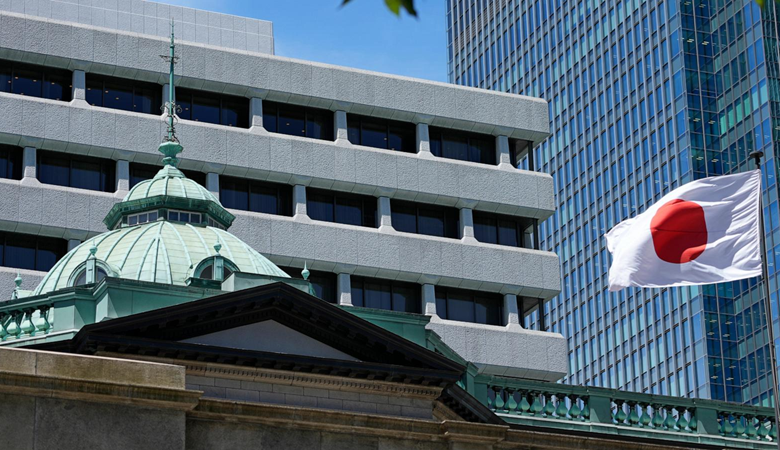Japanese Stocks Plunge as Global Markets React to US Economic Concerns and BOJ Rate Hike

News Mania Desk/Agnibeena Ghosh/2nd August 2024
Japanese stocks took a significant hit on Friday, with the Nikkei 225 index plummeting by 5.8% in its most substantial drop since March 2020. This sharp decline is part of a broader global market downturn triggered by recent economic data from the US and anticipated interest rate hikes by the Bank of Japan (BOJ). The Nikkei 225’s loss follows a 2.5% drop the previous day, bringing it to its lowest level since January.
The global market turbulence was mirrored across Europe, where major indices also suffered losses. The Stoxx Europe 600 index fell by 1.4%, while Germany’s DAX and France’s CAC 40 dropped by 1.2% and 0.6%, respectively. London’s FTSE 100 experienced a slight dip of 0.4%. US futures hinted at a weak start for Wall Street, with the S&P 500 futures down by 0.9%.
The BOJ’s decision to raise interest rates by 15 basis points to 0.25% on Wednesday, alongside plans to reduce bond purchases, has heightened market apprehensions. This rate hike marks the second increase of the year and has sparked expectations of further monetary tightening to combat inflation. Ken Cheung, director of foreign exchange strategy at Mizuho Securities, noted that the BOJ’s move represents a significant shift towards a more aggressive stance on inflation risks, leaving the possibility of additional rate hikes open.
This monetary policy shift has reduced the interest rate differential between Japan and the US, leading to a strengthening of the Japanese yen. The dollar has weakened by over 4% against the yen since mid-July, with the yen further appreciating by 0.3% to 148.9 on Friday.
The strengthening yen poses risks to Japan’s decade-long equity bull market. Frank Benzimra, head of Asia equity strategy at Societe Generale, warned that a rapidly appreciating yen could negatively impact the profits of Japanese exporters. Historically, a weaker yen has benefited Japanese companies by enhancing their export competitiveness. However, with the yen gaining strength recently, the Nikkei 225 has corrected by 12% since mid-July.
Citi analysts highlighted that while the benefits of a weak yen on corporate earnings are waning, they remain optimistic about Japanese stocks in the long term. They anticipate that rising wages and prices could invigorate the economy, which has struggled with prolonged weakness.
The market declines were not confined to Japan. Across Asia, stock markets also faced downturns. South Korea’s Kospi fell by 3.7%, Australia’s S&P/ASX 200 dropped by 2.1%, Hong Kong’s Hang Seng Index lost 2.1%, and China’s Shanghai Composite decreased by 0.9%.
In the US, the Dow Industrial Average slid 1.2% amid concerns about a weakening economy and high interest rates. The S&P 500 and Nasdaq Composite also experienced losses, dropping by 1.4% and 2.3%, respectively. Recent data revealed a rise in jobless claims, reaching the highest level since August of the previous year. This has bolstered expectations for the Federal Reserve to consider rate cuts, with ANZ analysts forecasting three rate reductions this year following a possible cut in September.
The combined effect of these factors underscores a challenging economic landscape, as markets grapple with shifting monetary policies and economic uncertainties.






